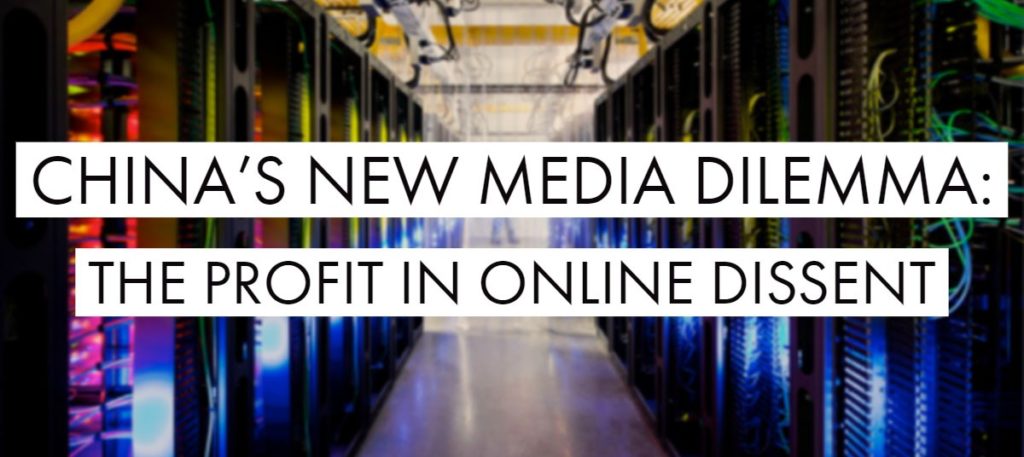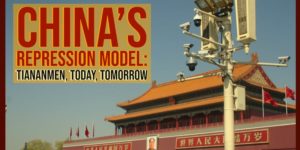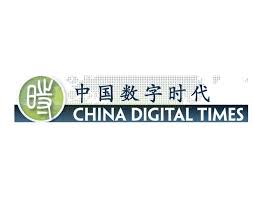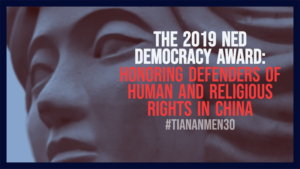
What explains China’s almost unique path to wealth without democracy? Fareed Zakaria asks. Yuen Yuen Ang of the University of Michigan argues that over the past few decades, China has actually developed an “autocracy with democratic characteristics.” She notes that reforms have made the country’s vast administrative bureaucracy — once a stagnant, communist behemoth — more nimble, transparent and accountable, he writes for The Washington Post:
Ang and others point to China’s highly meritocratic political system, in which officials move up through rigorous examinations, evaluations and objective measures of results such as economic growth. This exceedingly competitive system ensures quality and responsiveness, defenders say. Scholars such as Shandong University’s Daniel A. Bell argue that such a political model rests on the trust and faith in a mandarin governing class that is a key feature of Confucian societies.
 The Chinese Communist Party uses an elaborate system of censorship and increasingly sophisticated espionage on its own people, Zakaria adds. It faces a populace that is not genetically or culturally different from those in Taiwan and Hong Kong — where millions are making clear that they don’t want just good government or clever bureaucrats but democracy.
The Chinese Communist Party uses an elaborate system of censorship and increasingly sophisticated espionage on its own people, Zakaria adds. It faces a populace that is not genetically or culturally different from those in Taiwan and Hong Kong — where millions are making clear that they don’t want just good government or clever bureaucrats but democracy.
Studies on the development of Chinese media often diverge greatly in answering the question of which force will prevail: the government, with its unparalleled capacity to curb free expression, or liberal voices, aided by new media, the Center for International Media Assistance (CIMA) reports.
 According to an upcoming CIMA analysis, that question may be contingent on technological and commercial factors that are now in flux. Author Louisa Chiang gathers the evidence showing that China’s homegrown media platforms have responded to market incentives by subtly shielding users from certain forms of censorship and repression online.
According to an upcoming CIMA analysis, that question may be contingent on technological and commercial factors that are now in flux. Author Louisa Chiang gathers the evidence showing that China’s homegrown media platforms have responded to market incentives by subtly shielding users from certain forms of censorship and repression online.
To be sure, the Chinese state retains unprecedented power to coerce, manipulate, and co-opt the companies and technologies at the core of the country’s digital sphere. Yet, the persistent success of new media and creative use of the online space by liberal voices raises questions about the limits of that power. Has the debate over the role of new communications technology in China’s political system really been decided?
Speakers
Louisa Chiang, Independent Researcher
Sarah Cook, Senior Research Analyst for East Asia, Freedom House
Moderator: Mark Nelson, Senior Director, Center for International Media Assistance
 Thursday, June 27, 12:00-1:30pm EDT
Thursday, June 27, 12:00-1:30pm EDT
Lunch served at 12:00pm
National Endowment for Democracy
1025 F Street NW, Suite 800
Washington, DC 20004







